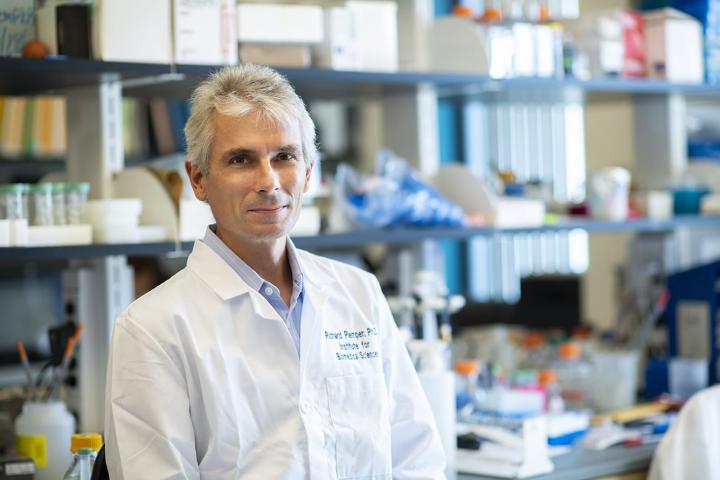Aug 26, 2019
Researchers identify key areas of measles virus polymerase to target for antiviral drug development
Posted by Omuterema Akhahenda in categories: biotech/medical, health
ATLANTA—Targeting specific areas of the measles virus polymerase, a protein complex that copies the viral genome, can effectively fight the measles virus and be used as an approach to developing new antiviral drugs to treat the serious infectious disease, according to a study by the Institute for Biomedical Sciences at Georgia State University published in PLoS Pathogens.
Measles is a highly contagious virus that can lead to serious health complications and death. It begins with a fever, cough, runny nose and red eyes followed by a rash of tiny, red spots that starts at the head and spreads to the rest of the body. Although declared eliminated in the United States in 2000, the Centers for Disease Control and Prevention says the U.S. is experiencing the greatest number of measles cases reported since the early 1990s.
While an effective vaccine exists, there has been a steady decline in the number of people being vaccinated against the measles virus. Most new cases were among unvaccinated individuals, making the development of an effective treatment strategy complementing vaccination a public health priority. There are no antivirals licensed to treat measles. The new study identified a novel protein interface in the polymerase complex that is pivotal for the regulation of polymerase activity, providing a new objective for target-based antiviral drug discovery.


















